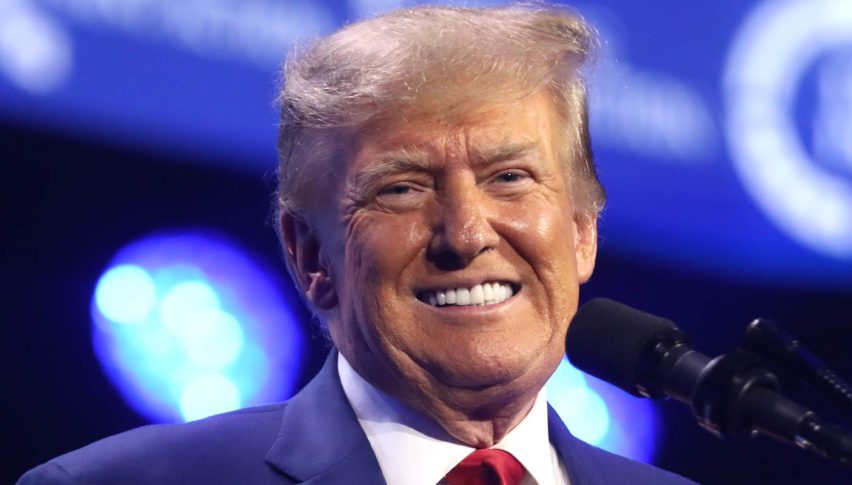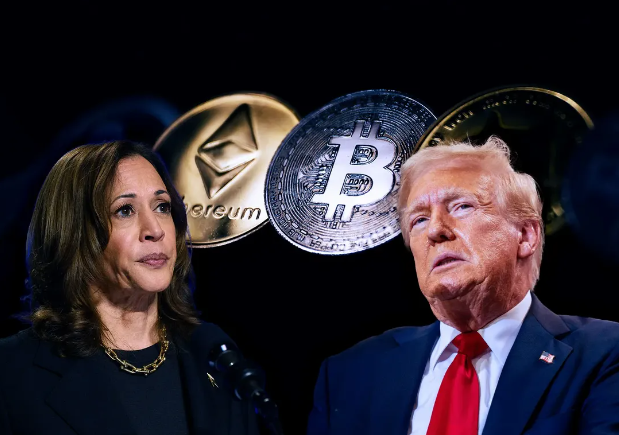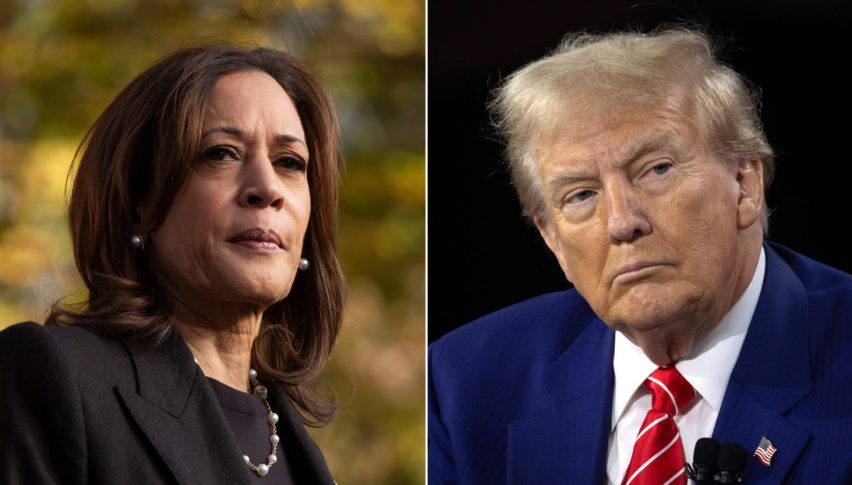Kamala Harris’s Views on Tech: AI, Regulation, and Silicon Valley Connections
As Vice President Kamala Harris potentially steps into the role of the Democratic presidential nominee, her connections to the tech industry
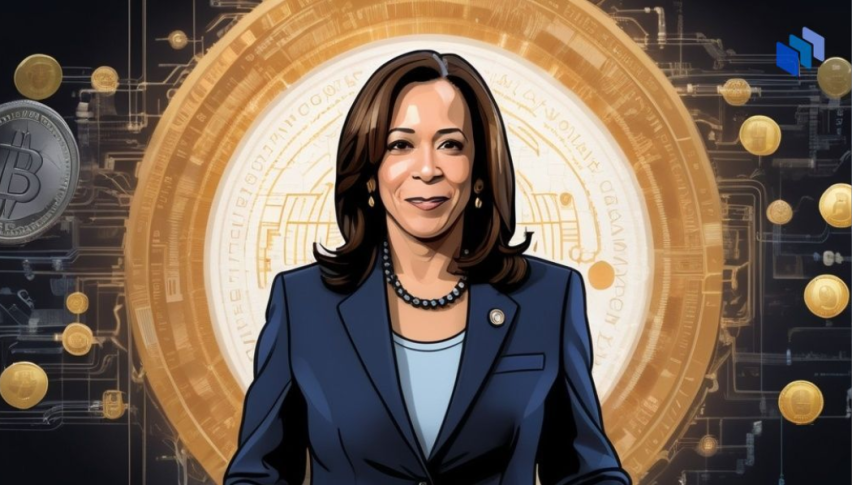
As Vice President Kamala Harris potentially steps into the role of the Democratic presidential nominee, her connections to the tech industry and stances on regulation are drawing significant attention.
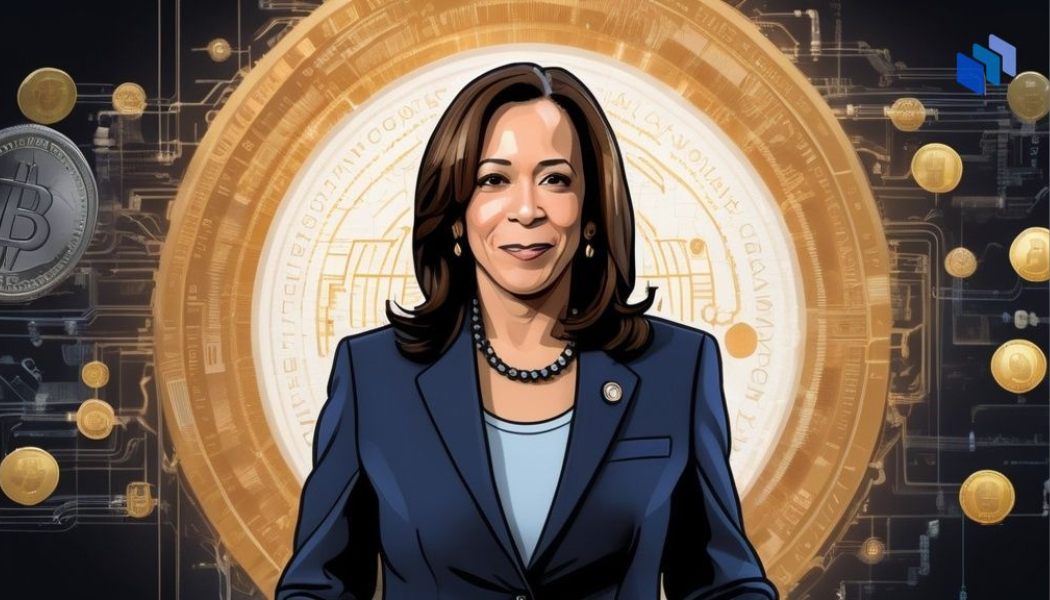
Originally from Oakland, Harris has cultivated a deep relationship with Silicon Valley during her tenures as San Francisco’s district attorney and California’s attorney general, leading to her election to the Senate in 2016.
What is known about Kamala Harris, who is likely to run as the Democratic candidate for President of the United States instead of Biden.
▪️She was born on October 20, 1964 in Oakland in a family of immigrants. Her mother is a native of India, her father was originally from… pic.twitter.com/mpQlLD15le
— Jürgen Nauditt 🇩🇪🇺🇦 (@jurgen_nauditt) July 22, 2024
Silicon Valley and Political Endorsements
Harris has historically garnered support from key figures in the venture capital world, such as John Doerr and Ron Conway, and tech luminaries like LinkedIn co-founder Reid Hoffman.
Harris historically has been critically of Silicon Valley’s handling of content. Interesting to see where that goes next. https://t.co/Wuwo93BGOo
— Nancy Scola (@nancyscola) July 21, 2024
However, her support among tech executives has been mixed, with Netflix co-founder Reed Hastings expressing reservations and some critics arguing that she did not sufficiently curb the power of tech giants while attorney general.
Despite this, her deep roots in the Bay Area and connections with influential tech personalities, including potential rival Donald Trump’s running mate JD Vance, underscore her intertwined relationship with the tech sector.
Regulatory Stance on Big Tech and AI
Throughout her career, Harris has not shied away from criticizing tech CEOs and advocating for tighter regulations. In the Senate, she was vocal about the need for social networks to address misinformation.
During the 2020 presidential primaries, when the debate around breaking up big tech companies like Amazon, Google, and Facebook was at its peak, Harris opted for stringent regulation over dismantlement, emphasizing the importance of consumer privacy.
“Regulating these companies ensures that the American consumer’s privacy is protected,” Harris stated, highlighting her preference for a balanced approach that safeguards public interests while fostering innovation.
Advancing AI Regulation
In the realm of artificial intelligence, Harris has supported proactive measures to regulate AI development, aligning with President Biden’s initiatives which include an executive order to set new standards.
“These voluntary commitments are just the first step towards a safer AI future,” Harris remarked, emphasizing the need for ongoing government oversight to prevent technology firms from prioritizing profits over public welfare.
Venture capitalists like Marc Andreessen and Ben Horowitz have expressed concerns about potential overregulation under her watch, indicating the fine line Harris walks between encouraging technological advancement and maintaining stringent regulatory frameworks.
Position on Emerging Technologies and National Security
On other technology fronts, such as the controversy surrounding TikTok and its parent company ByteDance, Harris has been cautious yet clear.
“We have national security concerns with TikTok’s ownership, but banning the platform is not our intention,” she clarified, suggesting a more nuanced approach to dealing with such issues.
While less vocal on cryptocurrencies, Harris is expected to support the existing regulatory framework established by the Biden Administration, indicating a consistent approach to new and emerging technologies.
Kamala Harris’s tech policy positions show a blend of advocacy for strong regulatory frameworks paired with a clear acknowledgement of the tech industry’s potential for innovation. Her history and statements reflect a nuanced understanding of the complex landscape of technology, privacy, and public safety.
- Check out our free forex signals
- Follow the top economic events on FX Leaders economic calendar
- Trade better, discover more Forex Trading Strategies
- Open a FREE Trading Account
